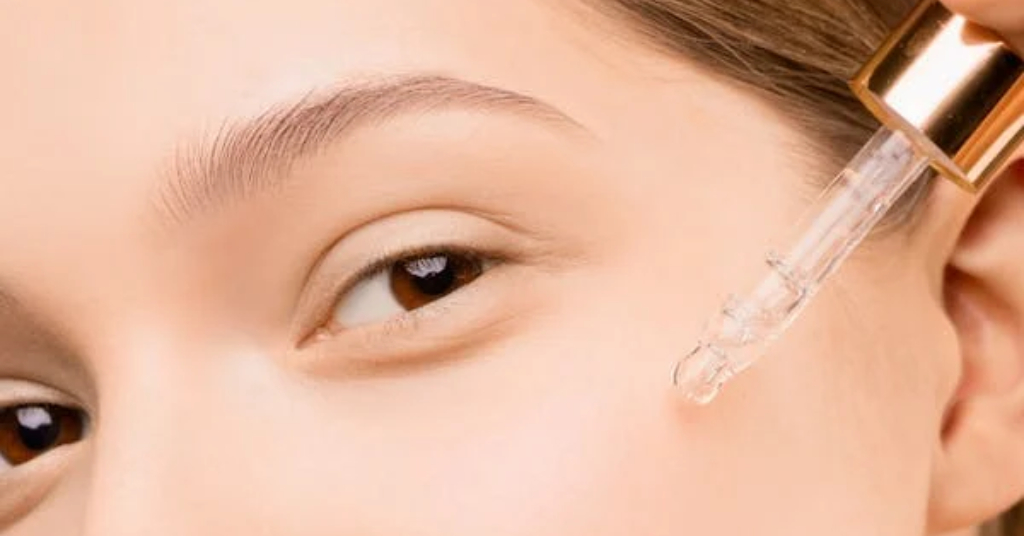
The Science of Skin Hydration: Unlocking the Secrets to Healthy, Radiant Skin
Skin hydration is more than just a beauty buzzword—it’s a crucial aspect of maintaining healthy, vibrant skin. Proper hydration ensures that the skin remains supple, elastic, and resilient against environmental stressors, preventing issues like dryness, irritation, and premature aging. But what exactly is skin hydration, and why is it so important?
Understanding Skin Hydration
At its core, skin hydration refers to the skin’s ability to retain moisture within its layers. The skin’s outermost layer, the stratum corneum, acts as a barrier, protecting the underlying tissues from external elements and preventing water loss. When this barrier is compromised, moisture escapes, leading to dehydration. This can result in a rough, flaky texture, increased sensitivity, and the appearance of fine lines and wrinkles.
The Role of the Skin Barrier
The skin barrier is composed of lipids, including ceramides, cholesterol, and fatty acids, which work together to lock in moisture. When these lipids are depleted—whether due to harsh environmental conditions, aging, or improper skincare—the skin’s ability to retain moisture diminishes. This is where effective hydration comes into play.
Ingredients that Boost Skin Hydration
Modern skincare formulations are designed to replenish and maintain optimal hydration levels in the skin. Key ingredients that enhance hydration include:
- Hyaluronic Acid: A powerful humectant that can hold up to 1,000 times its weight in water, hyaluronic acid draws moisture into the skin, plumping it and reducing the appearance of fine lines.
- Glycerin: Another humectant, glycerin attracts moisture from the air into the skin, helping to keep it hydrated and smooth.
- Ceramides: These lipid molecules restore the skin barrier, locking in moisture and protecting against environmental damage.
- Aloe Vera: Known for its soothing properties, aloe vera provides hydration while calming irritated skin.
- Urea: A naturally occurring substance in the skin, urea not only hydrates but also softens and smooths the skin by breaking down hardened protein.
The Importance of a Hydration Routine
Achieving and maintaining hydrated skin requires a consistent skincare routine tailored to your skin type. This includes:
- Cleansing: Use a gentle cleanser that doesn’t strip the skin of its natural oils, maintaining the integrity of the skin barrier.
- Moisturizing: Apply a moisturizer that contains hydrating ingredients like those mentioned above. For best results, use it on damp skin to lock in moisture.
- Sun Protection: UV radiation can dehydrate the skin and damage the barrier. Daily use of sunscreen is essential for maintaining hydration.
- Hydration Boosters: Incorporate serums or treatments with concentrated hydrating ingredients to give your skin an extra moisture boost.
Hydration and Overall Skin Health
Hydrated skin is healthy skin. Beyond its aesthetic benefits, proper hydration supports the skin’s natural functions, such as cell turnover, wound healing, and immune defense. Dehydrated skin, on the other hand, is more prone to irritation, inflammation, and infection, making it crucial to prioritize hydration in your skincare routine.
In a world where environmental stressors and hectic lifestyles can take a toll on our skin, understanding and addressing hydration is key to maintaining a youthful, radiant complexion. By choosing the right products and adhering to a consistent routine, you can ensure that your skin remains hydrated, healthy, and resilient.
Embrace the science of skin hydration and unlock the secret to glowing, vibrant skin. Your complexion will thank you.
Services we Provide:
| Service Category | Description |
|---|---|
| In-vitro Efficacy Testing | Testing cosmetic products using the RHE tissue model of Episkin to evaluate product claims such as anti-aging, moisturizing, and skin barrier enhancement. |
| Safety Testing | Assessment of skin irritation, corrosion, and sensitization potential using the RHE tissue model of Episkin. |
| Skin Irritation Tests | Evaluating potential skin irritation of cosmetic ingredients and formulations using the RHE model. |
| Skin Corrosion Tests | Determining the corrosive potential of cosmetic products using the RHE tissue model. |
| Barrier Function Tests | Testing the ability of cosmetic products to maintain or enhance skin barrier function with the Episkin model. |
| Photographic Analysis | Capturing high-resolution images of the Episkin model before and after treatment to support efficacy claims visually. |
| Regulatory Compliance Support | Providing data from in-vitro testing with the Episkin model to support regulatory submissions and claims validation. |
